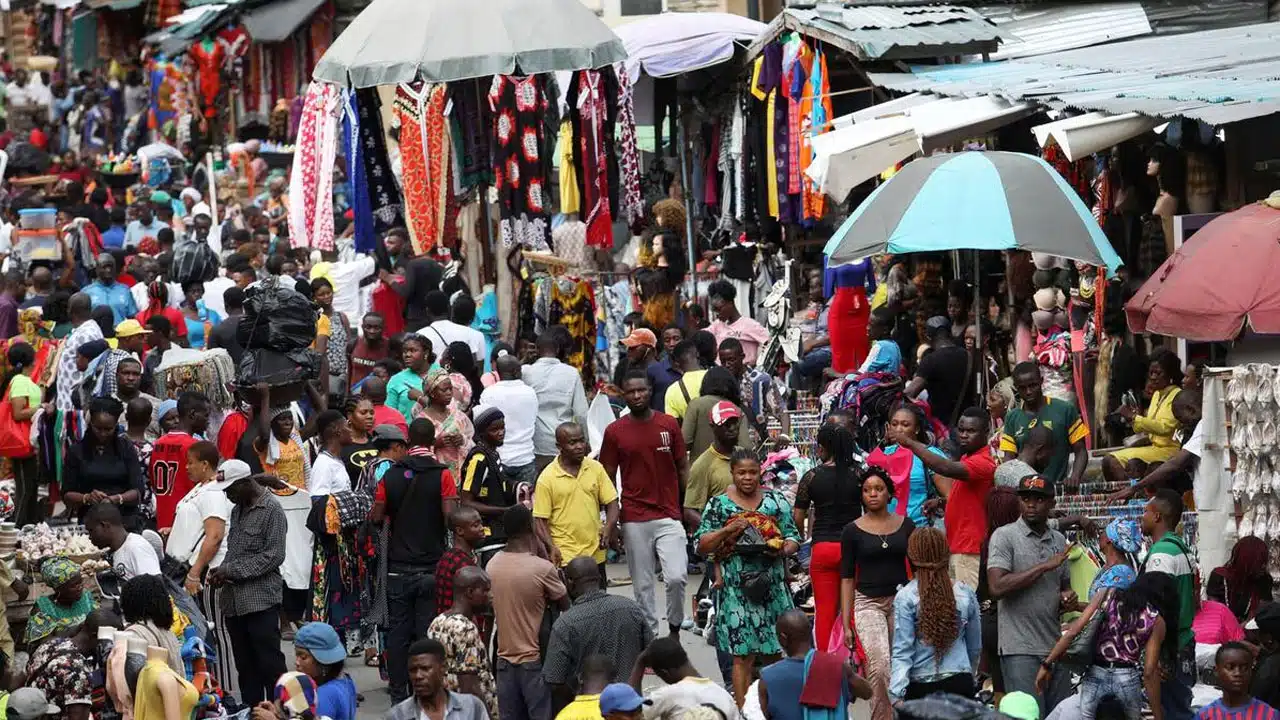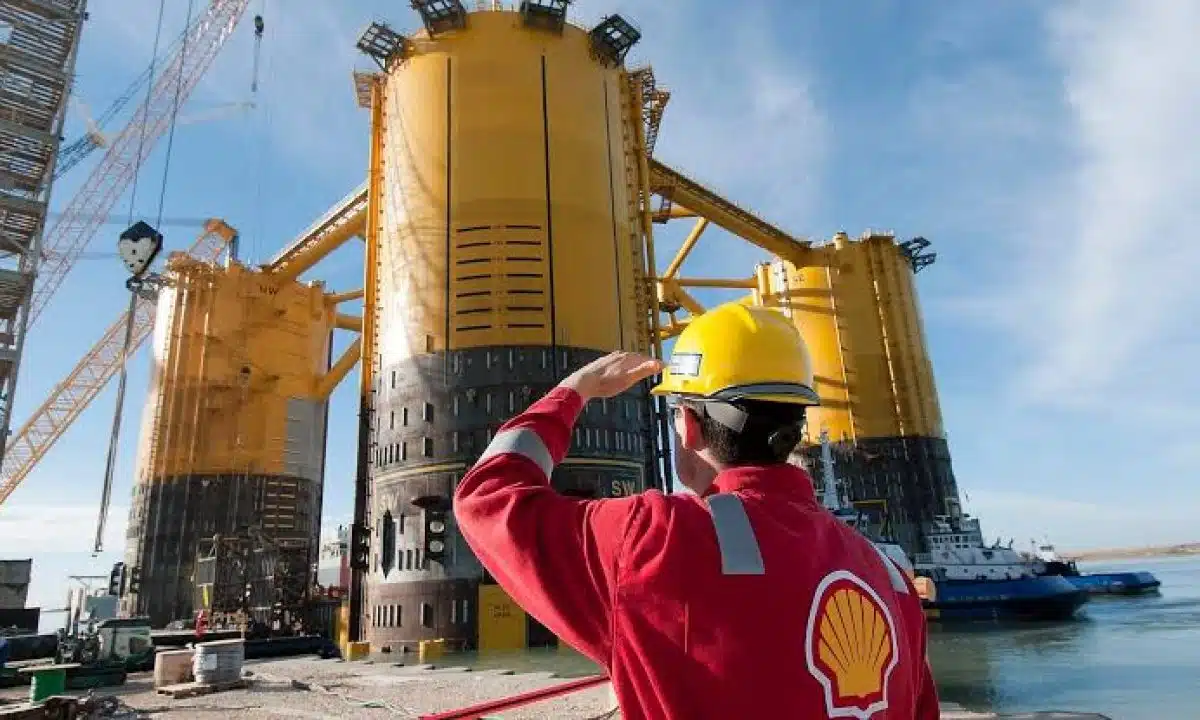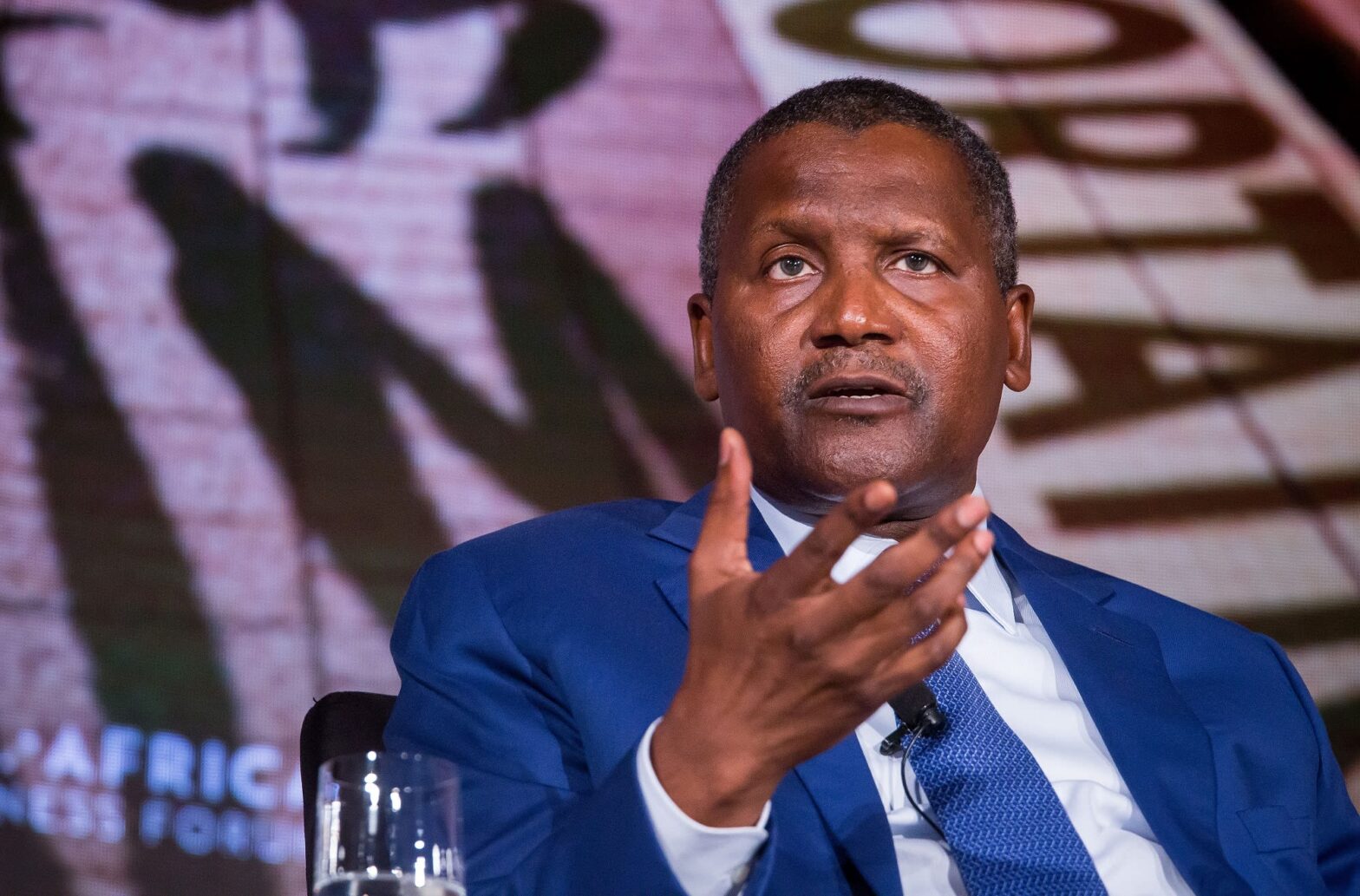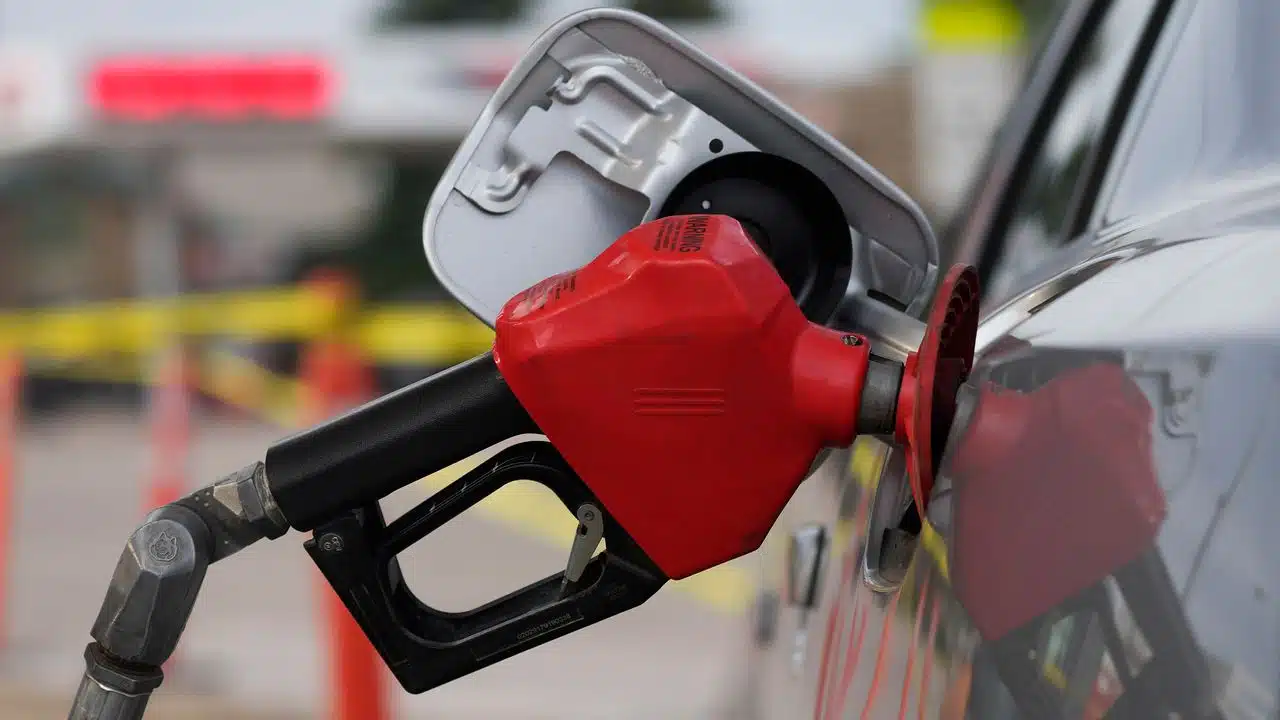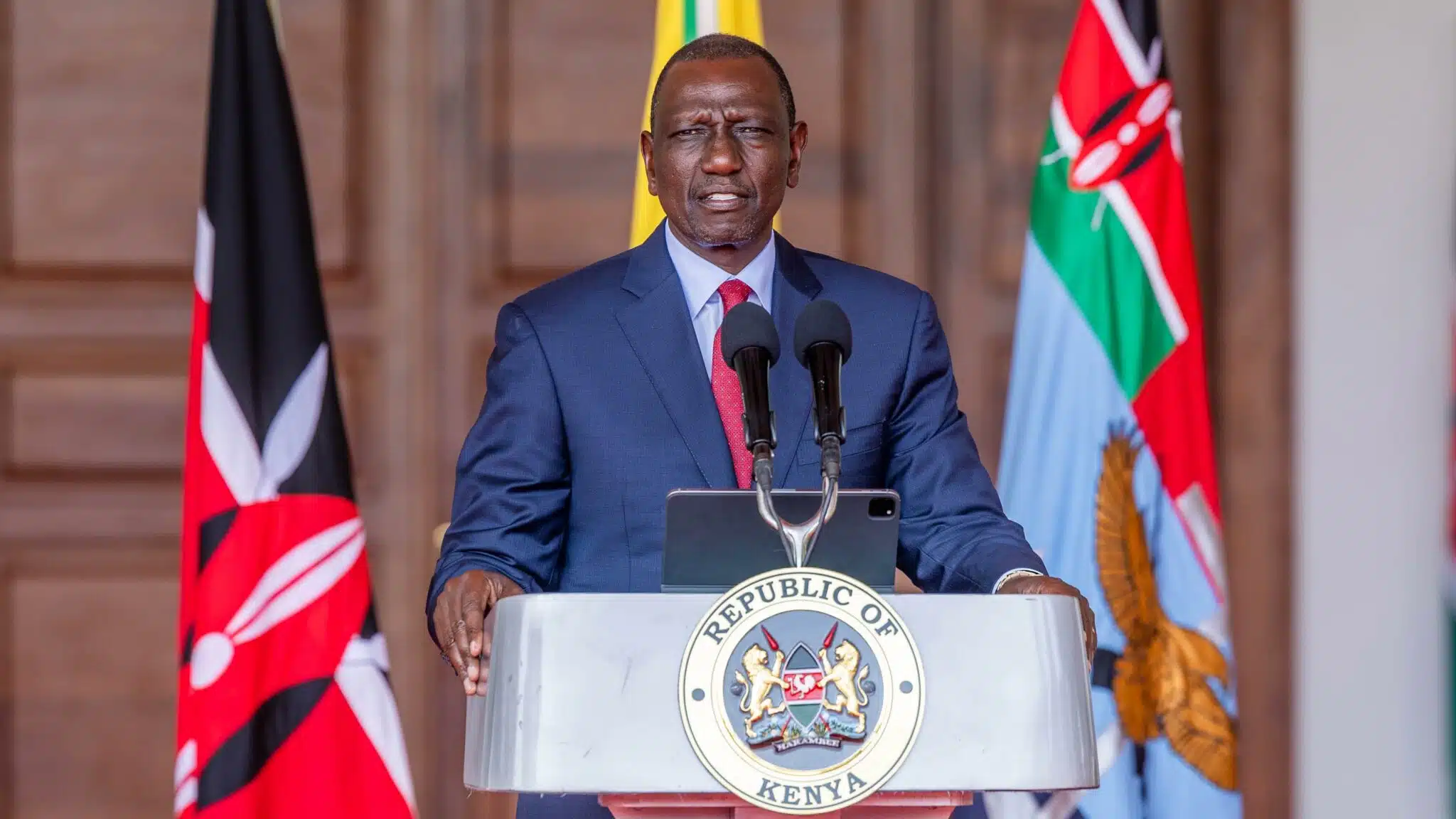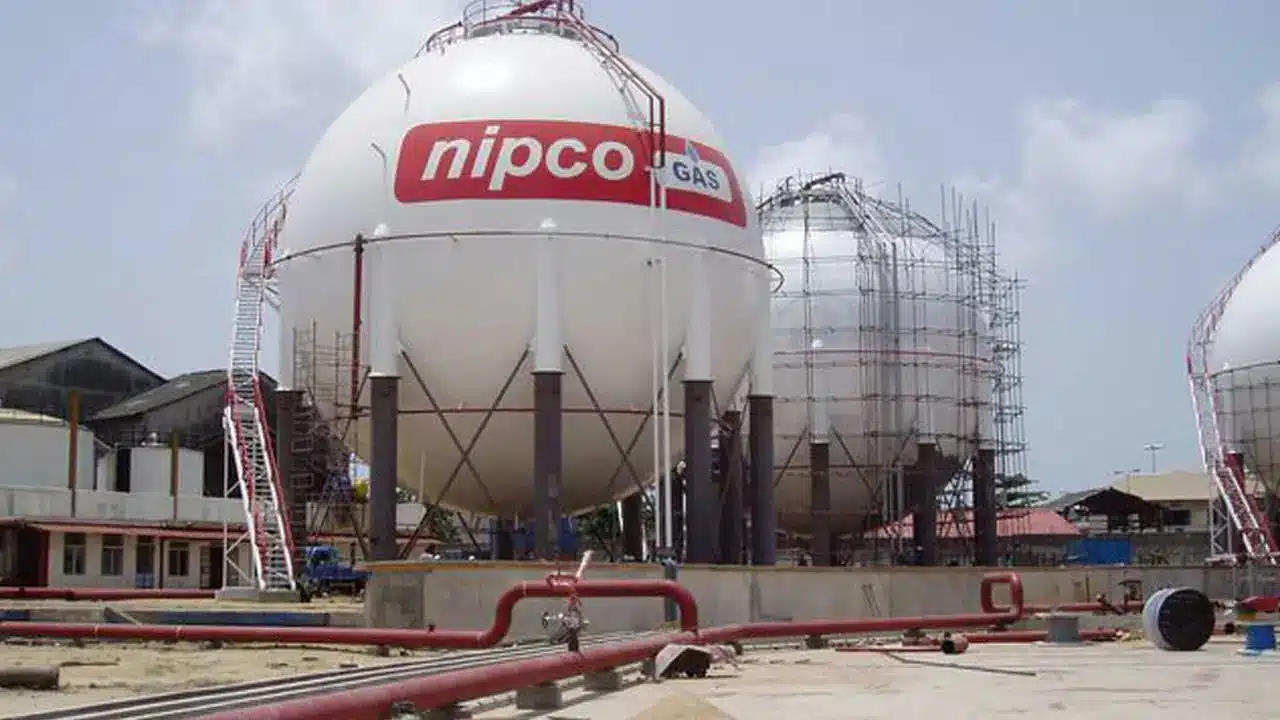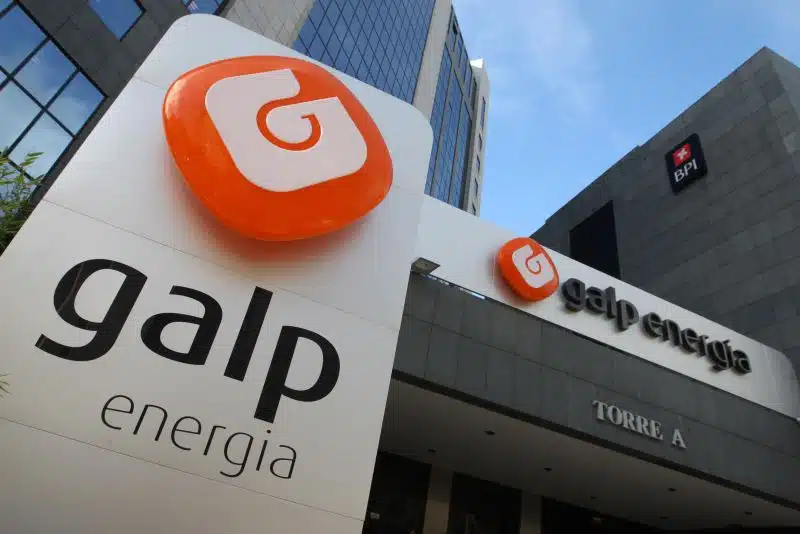Nigeria’s worst economic nightmare may be turning into reality as the price of crude tumbles well below $70 benchmark.
As Africa’s leading oil-producing nation, Nigeria derives most of its foreign exchange inflows from crude oil sales in the global market.
The commodity, which accounts for 90% of total exports, determines the country’s economic condition—whether inflation rises or falls.
In early 2025, Nigeria estimated that crude oil prices would revolve around $74 to $75 per barrel, pegging its budget projection to the former.
The country also targeted an ambitious 2.06 million barrels per day (bpd) of crude oil production to boost revenue generation.
Without oil production, the West African nation has limited alternative revenue sources.
Mostly, these sources are denominated in the local currency—taxes, import duties, customs fees, and royalties from companies operating in the country.
On the tax front, Nigeria has one of the lowest tax-to-GDP ratios globally—far below the 18% benchmark set by the World Bank for frontier markets.
Last year, Nigeria produced about 1.43 million barrels of crude oil per day, rebounding from its previous low output of around 1.1 million in 2022 and 2023.
The aggressive growth in crude oil production yielded positive results, with the country achieving above 3% GDP growth in 2024.
These gains came when crude oil sold between $75 and $79 per barrel, giving the country an economic edge and a boost in revenue growth.
According to reports, Nigeria’s revenue grew by 20% in the same year, while debt servicing saw a moderate reduction from about 93% to below 70%.
But all of that was in 2024.
A grim forecast for 2025
Coming into Q1 2025, analysts and experts predicted a decline in crude oil prices.
While some maintained cautious optimism, others—such as Goldman Sachs—were more blunt, forecasting a grim outlook of $60 per barrel by Q3 2025.
Goldman Sachs’ prediction came earlier than expected.
According to Oil Price, Brent crude fell to $65 per barrel, shedding almost $10 in the last two days.
Similarly, WTI also sank dramatically, following bearish market trends.
What’s pushing prices down?
All odds appear to be against the oil market, with different forces exerting pressure on the commodity.
For instance, U.S. President Donald Trump ignited a trade war, imposing reciprocal tariffs on both allies and foes earlier on Wednesday.
As expected, these tariffs sent shockwaves through the global market, affecting European and Asian stocks.
In retaliation, China, another global economic powerhouse, imposed a 34% retaliatory tariff on the U.S., further destabilizing the oil market.
While Trump was creating economic turmoil, OPEC decided to release 2.2 million barrels of crude as part of its strategy to reverse previous production cuts.
This increase in oil output meant more supply in the market, adding fuel to the fire and driving prices further down.
For Nigeria, it’s an unfortunate casualty of international economic power plays.
To make matters worse, Trump imposed a 14% tariff on Nigerian exports, threatening over $10 billion worth of goods sent to the United States.
Overall, crude oil prices appear likely to remain bearish for a prolonged period as the effects of the trade war between the U.S., China, and possibly Europe unfold in the coming weeks and months.
Nigeria has every reason to be apprehensive.
More challenges at home
Domestically, Nigeria faces a barrage of challenges in its oil and gas industry.
President Bola Tinubu fired the chief of the national oil company, Mele Kyari, in the early hours of Tuesday, a move some described as a shake-up of the oil giant.
The president also dissolved the entire board of the company, replacing them with a new leadership team.
For Tinubu, the task is to aggressively increase output to mitigate the inevitable impact of falling crude prices.
The new board, composed of executives from oil majors like Shell, Total, and ExxonMobil, has been assigned this urgent responsibility.
For oil production to increase further, the country must attract significant capital investment in its oil and gas sector.
Recently, Shell Plc announced a $5 billion investment pledge in its North Bonga offshore assets.
According to the president’s energy spokesperson, Olu Verheijen, Nigeria needs no less than $20 billion in annual investment to boost production to its desired levels.
Beyond investment, Nigeria also struggles with endemic oil theft, illegal bunkering, and sporadic pipeline vandalism, leaving the sector in a vulnerable state.
Reports indicate that Nigeria loses a staggering 400,000 bpd to crude oil theft, although authorities claim that a recent crackdown has contributed to increased output.
On vandalism, two pipeline explosions occurred last month, including one on the Trans-Niger pipeline, which carries about 450,000 barrels of crude oil daily.
The explosion took place in Rivers State, a key oil-producing region in the Niger Delta.
The blasts were linked to a local political crisis, prompting the president to declare a state of emergency.
Fortunately, these pipelines have been restored, and distribution activities have resumed.
Still, these incidents highlight the volatility of Nigeria’s oil sector.
The new NNPC board has a lot on its hands.
Now that crude oil prices have fallen, Nigeria must revamp its oil and gas sector to stay afloat.
Typically, a drop in crude oil prices spells trouble for Nigeria’s economy. Perhaps this time, things might be different.

